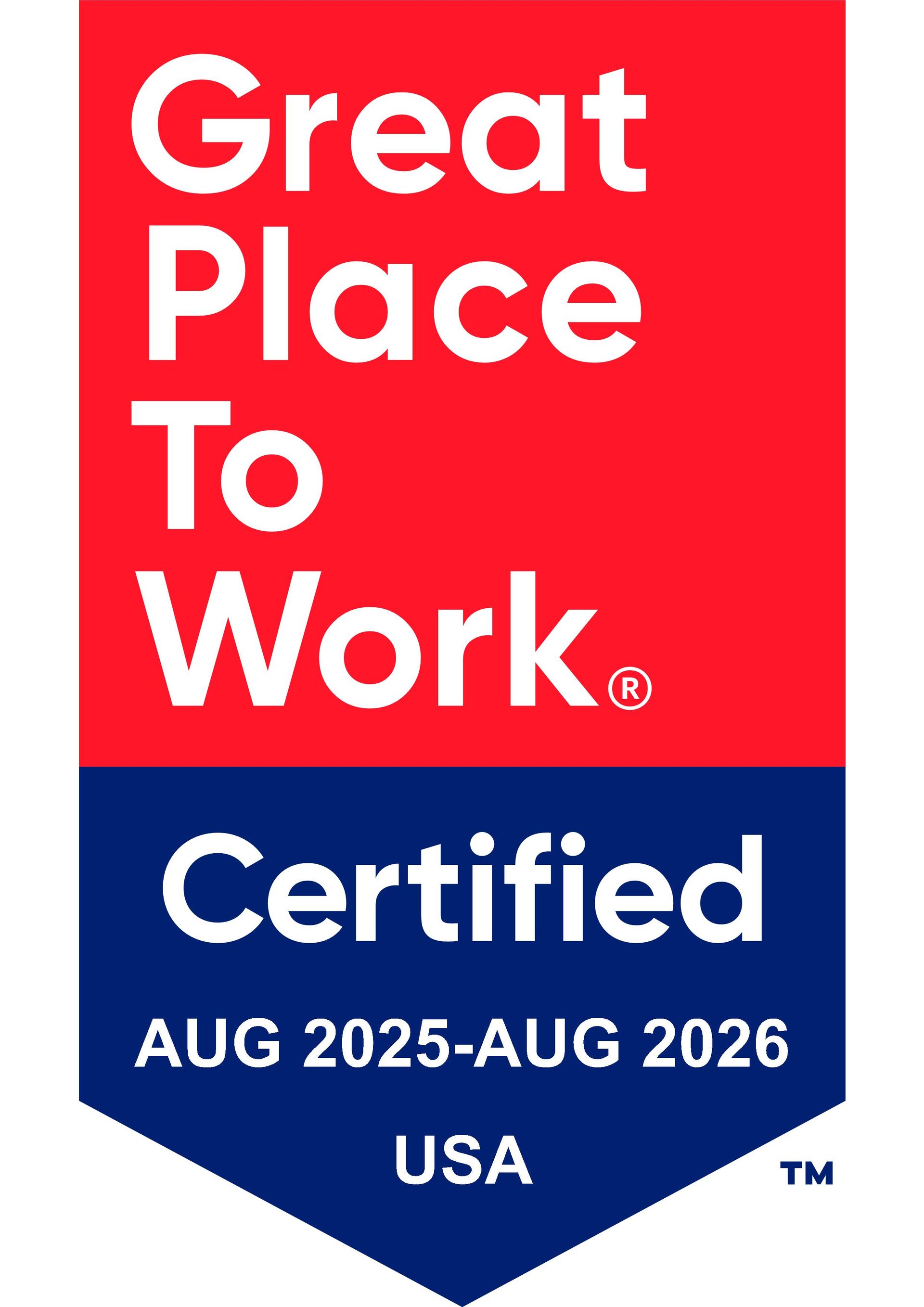
Individual Coverage Health Reimbursement Arrangements (HRAs) for Small Businesses
30 October 2024

Employers can support their employees in obtaining health insurance through Individual Coverage Health Reimbursement Arrangements (ICHRAs). This approach allows employees to choose a plan that best suits their personal and family needs, making it a customized and practical way to promote employee health. Let’s explore the details of this arrangement.
Differences Between ICHRAs and Traditional Health Plans for Small Businesses
One key difference between ICHRAs and traditional health plans is that ICHRAs are not bundled plans selected by the employer. Traditional plans are typically chosen by employers and offered as a standardized package to all employees.
With an ICHRA, however, employees receive a set dollar amount to purchase their own health insurance, granting them more flexibility. This allows employees to select a plan that covers specific doctors, treatments, or medications that matter to them and their families.
Benefits of Choosing ICHRAs for Small Businesses
One of the distinct advantages of ICHRAs for small businesses is that they rely on the individual insurance market, which has shown a steady annual cost increase of only 5-6%, about half that of the group insurance market. This cost stability can be a crucial benefit for employers, particularly small businesses, seeking predictable budgeting for employee benefits.
Additionally, the individual market provides eligible employees with more healthcare choices compared to traditional group plans. Rather than being limited to a one-size-fits-all employer-selected plan, employees can choose health insurance that best suits their unique needs, allowing for customized coverage of preferred doctors, specific treatments, or medications. This increased autonomy not only enhances satisfaction but also ensures that employees are enrolled in plans that align more closely with their personal and family health priorities.
Tax Implications for Employees and Employers
ICHRAs offer tax benefits for businesses. Employers can deduct ICHRA contributions as a business expense, reducing their taxable income. For employees, these contributions are generally non-taxable, so they don’t count as income or incur payroll taxes.
However, employees must select an ICHRA-eligible health plan to retain the tax-advantaged status. This tax efficiency makes ICHRAs a cost-effective healthcare option for both employers and employees.
Eligibility Criteria for ICHRAs
Eligibility for Individual Coverage HRAs depends on several factors. To qualify, employees must have a qualified health plan. Employers may set additional eligibility conditions, often based on employment type, such as full-time, part-time, or seasonal status. Employers and employees can coordinate efforts to determine if employees meet specific eligibility requirements and to ensure they can participate in the ICHRA program.
Conclusion
This guide highlights the advantages of ICHRAs for employees and explains how the arrangement works. By offering a customized health coverage solution, ICHRAs provide employees with greater control over their healthcare choices, allowing for more tailored plans instead of a one-size-fits-all approach. Along with tax benefits, HRAs empower individuals to address their unique medical needs. As the healthcare landscape evolves, understanding these options enables employees to make informed decisions for themselves and their families.
To determine if an ICHRA would be beneficial for your small business, speak with a KBI Benefits agent today.



